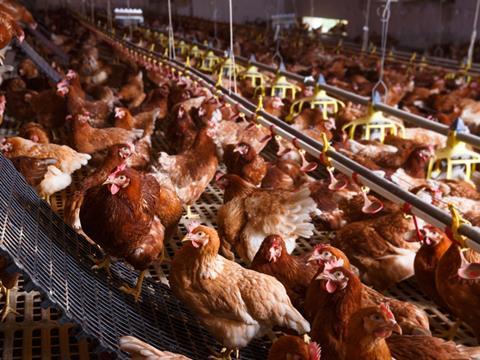
The British poultry industry slashed the amount of antibiotics used in raising birds by almost 40% in 2016-17, according to its new Antibiotic Stewardship Report, published today.
It brings the total reduction of antibiotic usage in poultry to 82% from 2012 to 2017, an achievement hailed by the chief veterinary officer Christine Middlemiss as “remarkable”.
Antibiotic use on turkeys was also down, falling below the RUMA target of 50mg per population corrective unit (PCU) to 45.2mg/PCU, compared to highs of 219.5g/PCU in 2014. Usage in chickens remained below the 25mg/PCU target for a second consecutive year, falling to 9.9mg/PCU in 2017.
The industry credited “joined-up” thinking for its 60.4% reduction in antibiotic use in chickens, 59.6% reduction for ducks, and 80.9% reduction for turkeys since 2014.
Use of antibiotics categorised as ‘highest priority critically important for human medicine’ by the World Health Organization has fallen dramatically, seeing the industry eliminate colistin from its supply in 2016 and recording a 91% reduction in fluoroquinolones from 2012 to 2017.
British Poultry Council chairman John Reed said the industry was dedicated to “responsible” usage, in which preventative use had been axed and overall antibiotic usage was reduced but not banned.
“Zero use is neither ethical nor sustainable as it goes against farmers’ duty to alleviate pain and suffering,” he said.
“Nearly a billion birds are reared for food every year in the UK, providing half the meat that the country eats and we use less than 9.7% of the total antibiotics licensed for food-producing animals.”
Amoxycillin was the most commonly used drug in poultry farming last year, accounting for about 8.5 tonnes of the total 14.4 tonnes of antibiotics used by the sector.
The BPC said further co-ordinated action between poultry farmers, veterinarians and producers, as well as policy makers, would be vital in its ongoing fight against antimicrobial resistance.
“We stand committed to ensuring that antibiotic therapies are used with good animal husbandry techniques, ‘only when necessary’, and under the direction of a veterinarian, to protect the health and welfare of birds under our care,” added Reed.







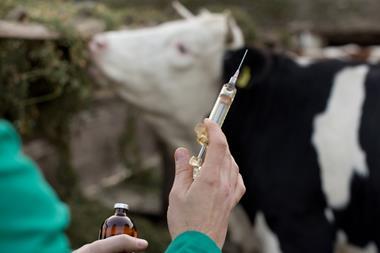
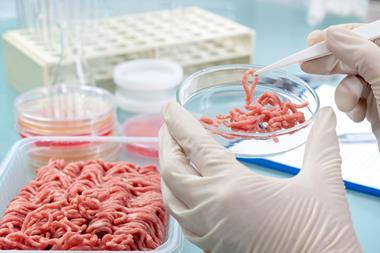
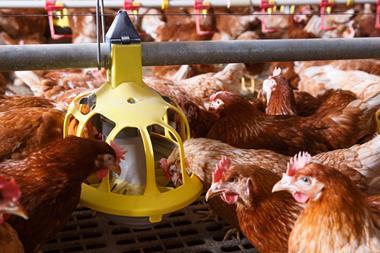
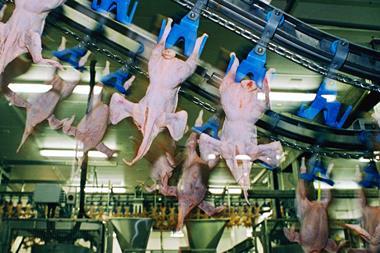
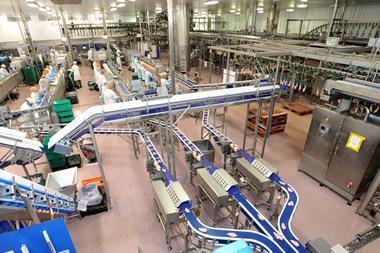
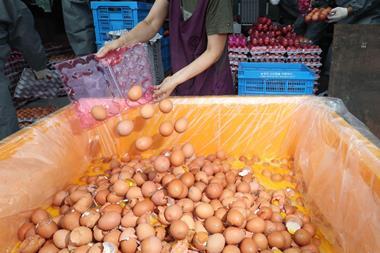






No comments yet